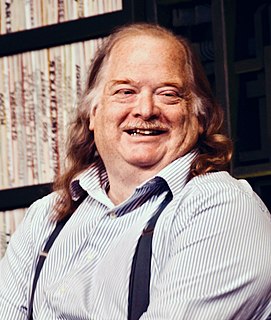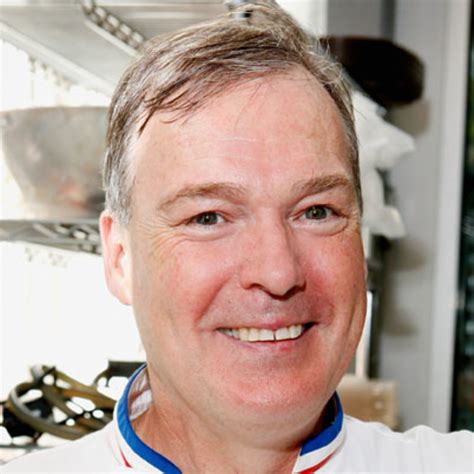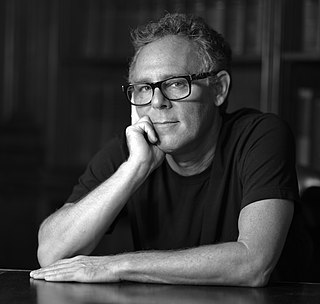A Quote by Neil MacGregor
From the point where our ancestors started making tools, people have been unable to survive without the things they make; in this sense, it is making things that makes us human.
Related Quotes
Cooking is what makes us human. For example, Chimpanzees spend eight to ten hours trying to feed themselves, they are occupied by it, eating basically indigestible things. Once our human ancestors learn to cook things, suddenly we didn't have to spend that much time on digestion, our brains expanded, and we think about other things.
God is not concerned about our plans; He doesn’t ask, “Do you want to go through this loss of a loved one, this difficulty, or this defeat?” No, He allows these things for His own purpose. The things we are going through are either making us sweeter, better, and nobler men and women, or they are making us more critical and fault-finding, and more insistent on our own way. The things that happen either make us evil, or they make us more saintly, depending entirely on our relationship with God and its level of intimacy.
There is a spiritual side to our connection with the planet. And in this material world, that's anathema. It is somewhat worrying. What I say.. it makes life. It gives us fulfilment. It makes us whole human beings. And without it, we make mistakes. And, boy, are the leaders of the world making mistakes at the moment.
...There is no end to the making and selling of things there is no end to the making and selling of things there is no end... Man, it occurs to me, is a joyful, buying-and-selling piece of work. I have been wrong, dead wrong, when I've decried consumerism. Consumerism is what we are. It is, in a sense, a holy impulse. A human being is someone who joyfully goes in pursuit of things, brings them home, then immediately starts planning how to get more.
We are creatures. We have a link with a native habitat just like every other species. Throughout most of human history, physical activity was unavoidable, calories were scarce and hard to get. In the modern era, calories are unavoidable, physical activity is scare and hard to get. The traits that allowed our ancestors to survive, and let's face it, the survival of our ancestors is the reason that we're here because the people who don't survive and make very crummy ancestors, are our traits. But they're very much at odds with the modern environment.
Then we started looking at story and what was making sense and what wasn't making sense, emotionally and thematically the intention that we had a year earlier when they were working on the script, did all that come across? It's all kind of generic things, but it's fascinating and it's weird - I haven't made that many films, but it's weird that every time you think you learn from your mistakes on your last film you have a slew of new mistakes and things that you learn.
There is an obvious evolutionary explanation for the scarcity of altruistic saints: Without a strong predilection for their own interests, our ancestors would have been unlikely to survive, reproduce, and give their own offspring a chance of doing the same. Now conditions have changed and for most of us, surviving and reproducing isn't such a struggle but we still carry the genes of our ancestors and they influence - not determine, but influence - our behavior.








































